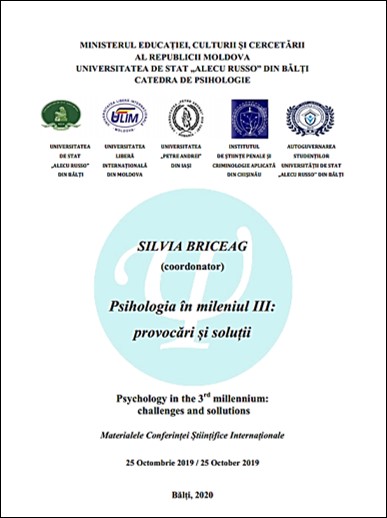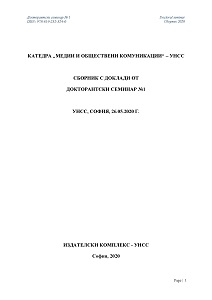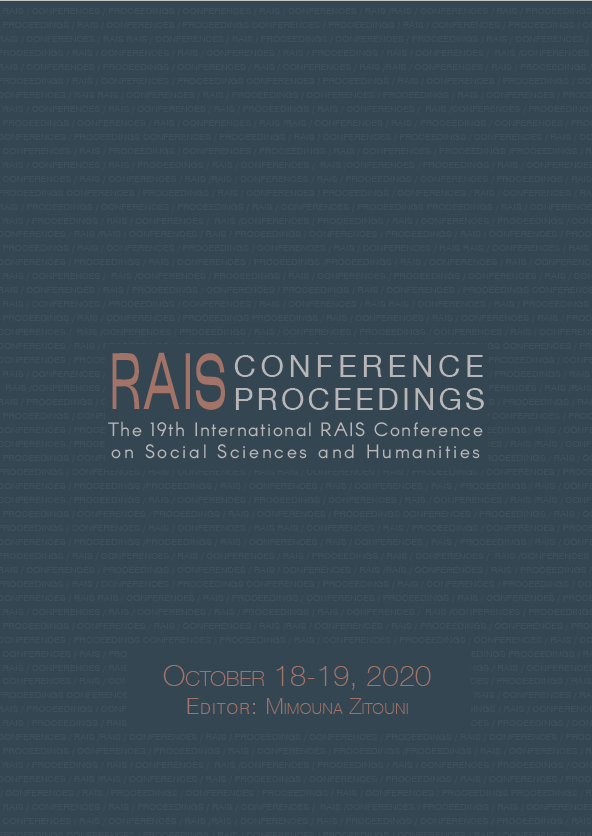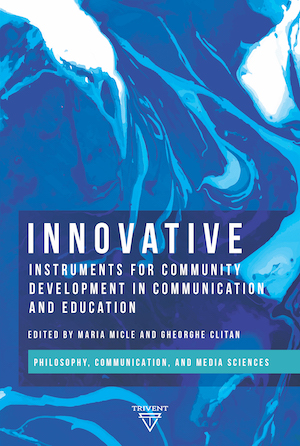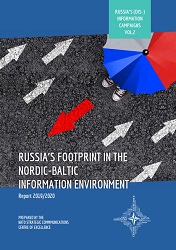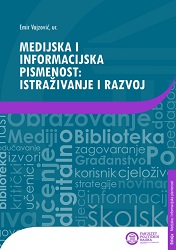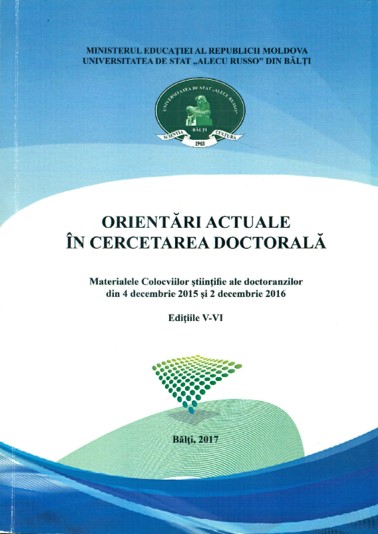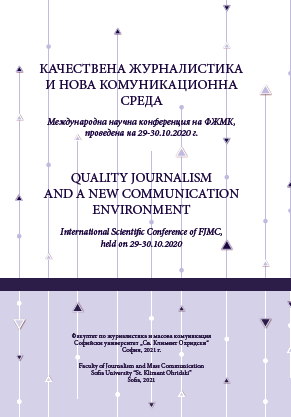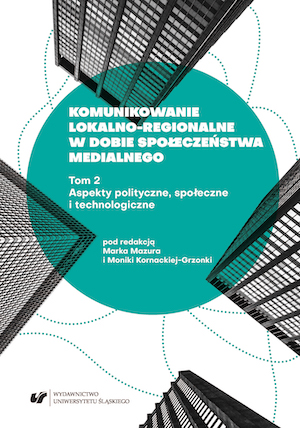
Гибридизация медиатекстов в контексте «пост-журналистики» Hybrydyzacja tekstów medialnych w kontekście „post-dziennikarstwa”
The present article analyses the changes regarding the characteristic features of both printed and internet press in the 21st century as exemplified by hybridisation of media texts. This phenomenon is influenced by both, the widespread implementation of public relation strategies and promotional activities that have direct impact on journalism. What the author indicates and characterises are the features of transformation process which results in journalistic texts adopting the form of hybrid “PR-nalism”. The author defined this very phenomenon. One symptom of the “paid content revolution” is discussed as the appearance of variegated forms proving the “melting into one” of journalism and commercial promotion. The author argues that separate hybrids of media texts are formed that way, which further proves the deepening of market phenomenon involving the transformation of regular journalism into “promotional journalism”. This very hybrid proves, in turn, the interbreeding taking place between two separate media texts: journalistic and commercial one. Therefore, this process pertains to the borderline phenomena between journalism and commercial activity.
More...
